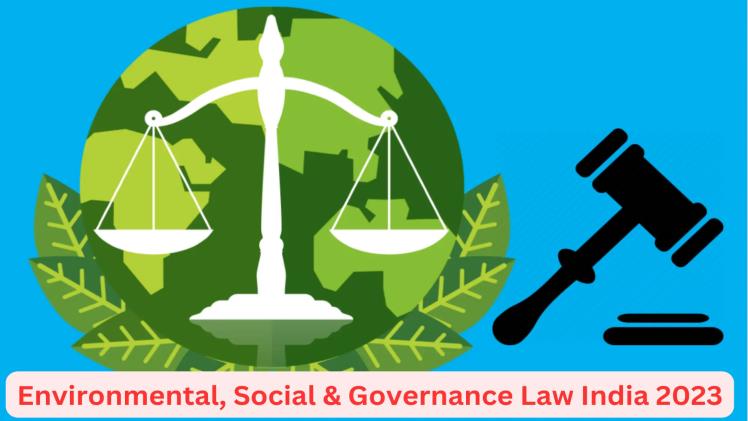Environmental Law and the Impact of Climate Change on Legal Policy

Environmental law encompasses an expansive set of legal activities and regulations designed to safeguard the environment against pollution or other threats, such as remediation (the removal of toxic materials) and risk analysis. Furthermore, environmental laws can include measures against individuals or entities who violate them such as fines or bans on government contracts.
Climate change has an enormous impact on environmental law. It can change the frequency and severity of heatwaves, air stagnation events and dust storms; raise levels of atmospheric particulate matter from desertification and human emissions; air pollution is already one of the leading causes of death; this trend is expected to accelerate with climate change accelerating further.
To address this issue, new laws are necessary to reduce emissions and adapt to an ever-shifting climate. Environmental law places particular emphasis on the precautionary principle, which states that in cases where irreparable or severe damage could occur to the environment due to lack of full scientific certainty, cost-effective measures that would prevent it should not be put off for too long due to uncertainty of full scientific certainty. It has since become a cornerstone in designing regulations designed to control pollution and resource management; litigation of cases alleging companies have not taken adequate precautionary steps in protecting planet Earth.
Intergenerational equity is another principle, which emphasizes the duty of present generations to consider the long-term effects of their activities and work toward protecting global environment and resource bases for future generations. This has important ramifications when dealing with resource depletion or pollution control issues; since it establishes legal responsibility not to cause environmental damage felt by future generations. Laws such as National Environmental Policy Act require federal agencies to take this into account when planning actions with environmental implications.
There are laws designed to hold multinational corporations accountable for their actions. Examples include the OECD Guidelines for Multinational Enterprises and their country-specific National Contact Points that receive complaints against companies that may be breaking these guidelines; many environmental litigation cases stemming from these instruments revolve around claims that companies aren’t doing enough to combat climate change.
United States courts are currently hearing over 200 climate-related lawsuits against large energy and manufacturing companies, ranging from multibillion-dollar class actions against fossil fuel companies to allegations that businesses aren’t doing enough to protect the earth. Climate litigation shows how climate change has become an important political issue with wide support among citizens.